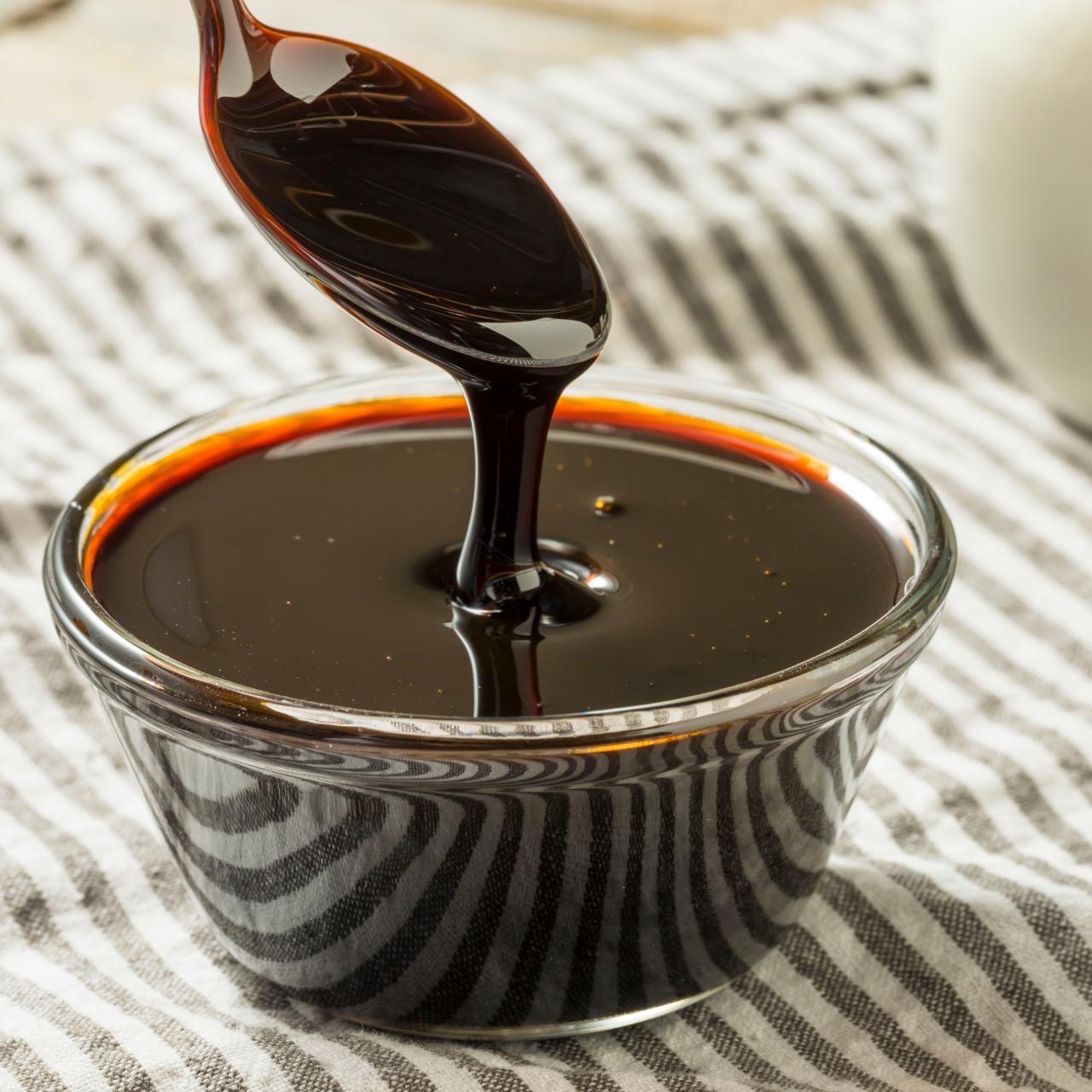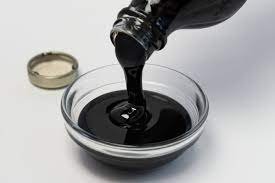Welcome to another detailed guide from TheKitchenApplianceDad.com, where we explore common kitchen queries and provide you with all the information you need to manage your kitchen like a pro. Today, we’re diving into a sweet topic that could be a little sticky if not handled correctly—molasses.
Molasses, that thick, dark syrup that results from refining sugarcane or sugar beets into sugar, is a staple in many kitchens. It’s known for its robust flavor that enhances the taste of various dishes, from baked goods like gingerbread and cookies to savory marinades and sauces. But, when it comes to storing molasses, there are always questions about whether it needs refrigeration to maintain its quality and extend its shelf life. Let’s explore this in detail.

Molasses is a byproduct of the sugar-making process. After sugar cane or sugar beets are crushed and the juice is extracted, the juice is boiled down to form sugar crystals. The remaining liquid, which is molasses, contains all the soluble plant fibers, minerals, and vitamins that aren’t present in the refined sugar.
When it comes to storing molasses, the key is understanding how its sugar concentration and natural preservatives affect its longevity and quality.
The short answer is no, molasses does not need to be refrigerated. Thanks to its high sugar content, molasses is naturally preserved. Sugar acts as a preservative because it binds to water molecules, thereby inhibiting the growth of microorganisms that lead to food spoilage.
Here’s how you can ensure your molasses stays fresh and retains its quality:
If stored properly, molasses can last for about one to two years. You might notice that over time, molasses can crystallize or become less viscous. This doesn’t mean it has spoiled, but it might affect the texture and flavor when used in recipes. Gently warming the molasses can help restore its smooth consistency.
While molasses is unlikely to spoil in a way that makes it unsafe to eat, its quality can deteriorate. Here’s what to look out for:
Though it’s not necessary to refrigerate molasses, doing so won’t harm it. In fact, refrigeration can help maintain its quality slightly longer, especially in very warm climates. However, refrigerated molasses will become thicker and less fluid, so you’ll need to warm it up before using it in your recipes.
Understanding how to properly store molasses can help you maintain its quality and extend its shelf life, ensuringthat you always have this versatile ingredient ready for your cooking and baking needs. At TheKitchenApplianceDad.com, we aim to provide you with practical tips and insights to make your time in the kitchen as efficient and enjoyable as possible. Remember, whether or not you choose to refrigerate your molasses is up to you, but following these guidelines will ensure that it remains a high-quality addition to your culinary creations. Happy cooking!

